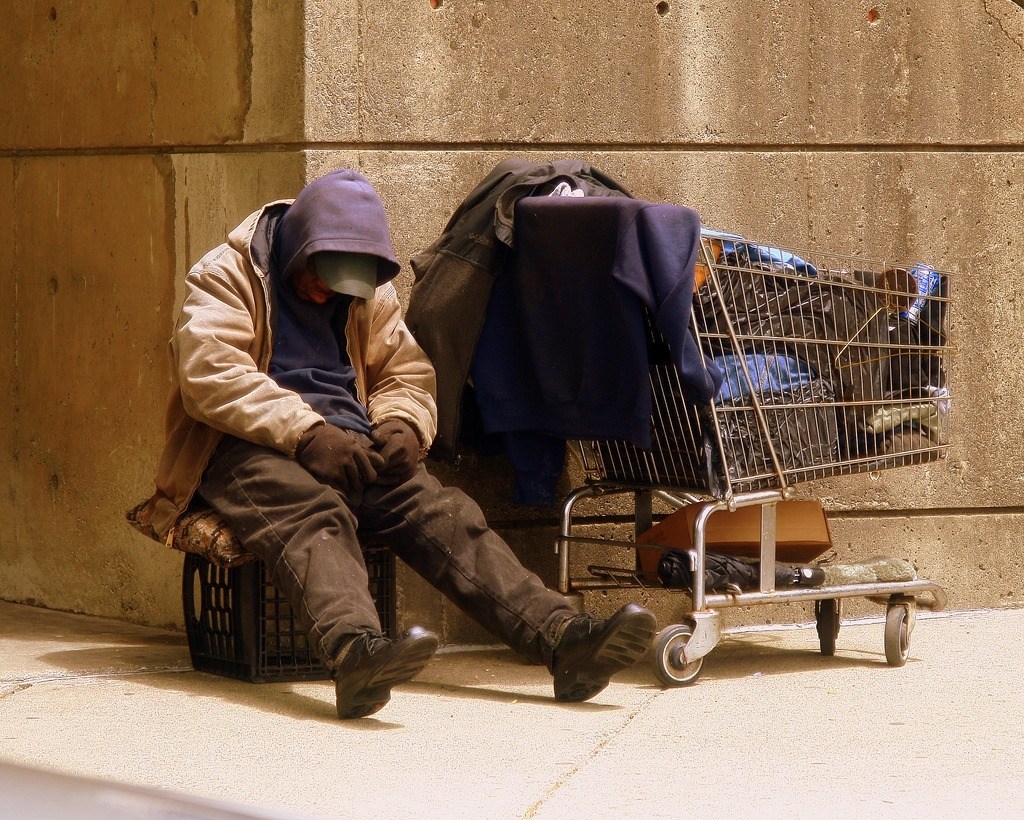Homeless people are more than three times more likely to be infected with Covid-19 than the population in general, according to a study carried out by the Saint-Pierre hospital in Brussels.
However once infected, the homeless did no worse – and in some instances rather better – than the general population, when it comes to admission to intensive care (ICU), the need for ventilation and dialysis, length of stay in ICU and hospital and even mortality.
The St-Pierre hospital, as well as being the reference hospital at the beginning of the pandemic for infected people returning to Belgium from first China and later Italy, is also the referral centre for social services working with all vulnerable people in the capital, including the homeless.
According to the latest figures (2018), there are 2151 homeless people in Brussels, and most of them sleep in homeless shelters situated close to the hospital.
In the very earliest stage of the pandemic, between 3 and 29 March, 238 patients were hospitalised with Covid-19, 14 of them homeless – a prevalence of 5.88%.
The conditions in which homeless people live, which make hygiene and social distancing difficult if not impossible, are considered circumstances that aggravate their chances of becoming infected.
The catchment area for the hospital is 122,808, meaning that the homeless have an incidence (cases per 100,000 people) of 650, while the population in general has an incidence of 194 – more than three times lower.
However what comes after infection is somewhat counter-intuitive.
The study admits that its sample size is small (14 homeless and 42 not homeless) but outcomes appear to confound expectations.
Compared to non-homeless patients, the homeless were four times more likely to smoke,
nearly ten times more likely to suffer from alcoholism, 37 times more likely to be treated with methadone for opioid and six times more likely to have neurological diseases.
At the same time, both groups had similar high levels of risk factors for Covid-19 complications: heart disease, diabetes and high blood pressure.
However when it came to patient outcomes, the homeless consistently did better than the non-homeless.
Roughly the same length of time between symptoms appearing and admission. Half the likelihood of being admitted to ICU; 2.7 times less chance of being placed on a ventilator; 10 days spent in ICU compared with 15 for the non-homeless group; a median of six days in hospital compared to 11, and 14.3% mortality for the homeless compared to 19.5% for the control group.
“Our results illustrate the urgent need for implementing strategies in order to stop the spread of COVID-19 in homeless population,” the study concludes.
“Strategies based on wide scale preventing, screening and managing COVID-19 infection have shown efficiency in reducing SARS-CoV-2 transmission among homeless people.”
Alan Hope
The Brussels Times

